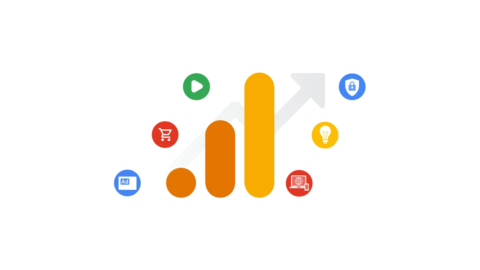Artificial Intelligence (AI) is revolutionizing online shopping by delivering hyper-personalized experiences, automating customer support, and optimizing inventory management. In 2025, AI-driven e-commerce is not just a trend—it’s a necessity.
1. How AI Personalization Works in E-Commerce
AI uses machine learning and data analytics to track customer behavior, preferences, and purchase history, allowing brands to offer:
- Tailored product recommendations
- Dynamic pricing adjustments
- Predictive search and smart filtering
- Personalized email marketing campaigns
2. AI-Driven Chatbots & Virtual Shopping Assistants
Advanced chatbots and virtual assistants provide:
- Real-time customer support
- Product discovery through natural language processing (NLP)
- Seamless checkout assistance and abandoned cart recovery
3. AI in Visual & Voice Search
Consumers are shifting from traditional text-based searches to visual and voice search. AI-powered tools like Google Lens and Alexa allow users to:
- Find products through images
- Shop via voice commands
- Receive contextual recommendations
4. Inventory & Demand Forecasting
AI-powered demand forecasting helps businesses optimize inventory management, reducing overstocking and supply chain inefficiencies while preventing stockouts.
5. Personalized Advertising & Retargeting
AI enables dynamic ad personalization by analyzing browsing behavior and interests, ensuring targeted ads appear at the right time, increasing conversions.
6. AI-Enhanced Fraud Prevention
AI detects and prevents fraudulent transactions by identifying unusual patterns in purchasing behavior, protecting both consumers and businesses.
AI is redefining e-commerce by delivering smarter, more intuitive shopping experiences. As AI technology advances, businesses that invest in AI-driven personalization will gain a competitive edge in customer engagement and sales.






